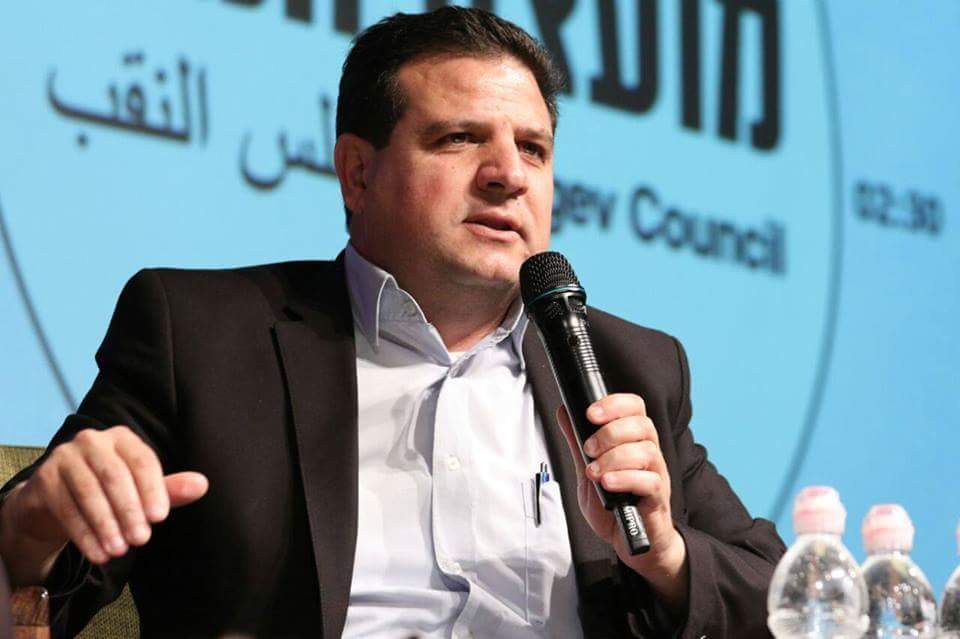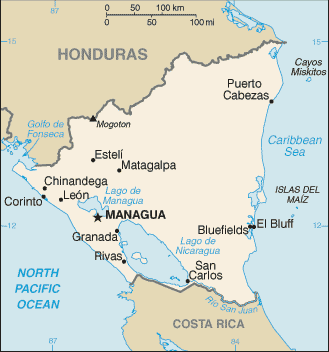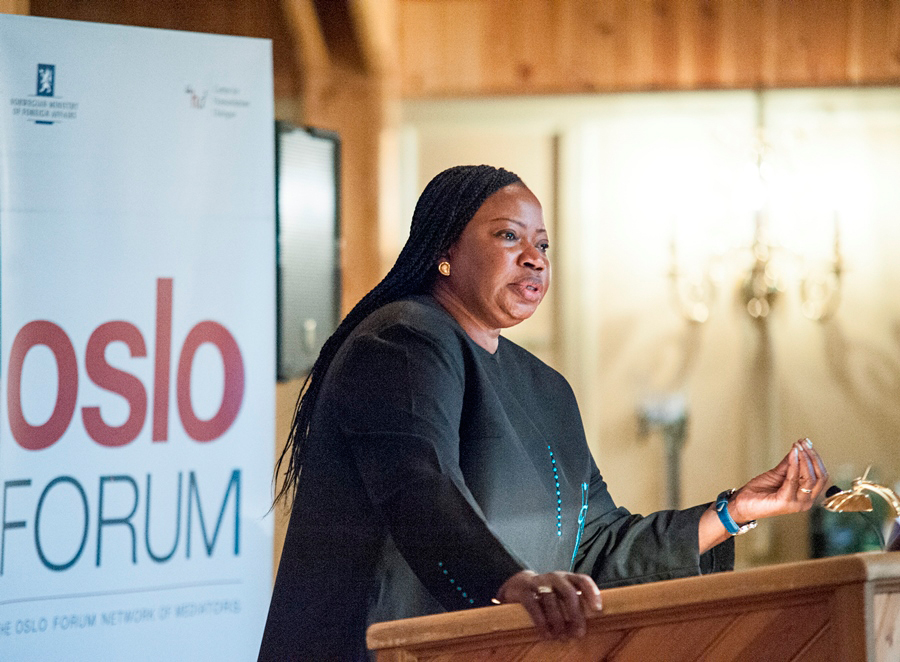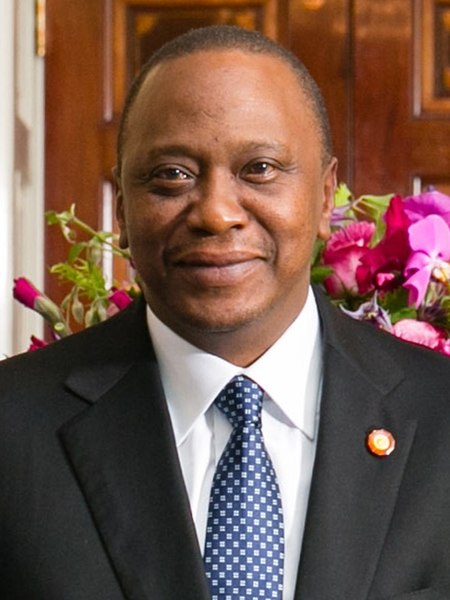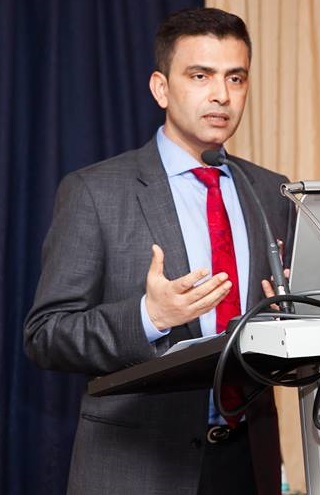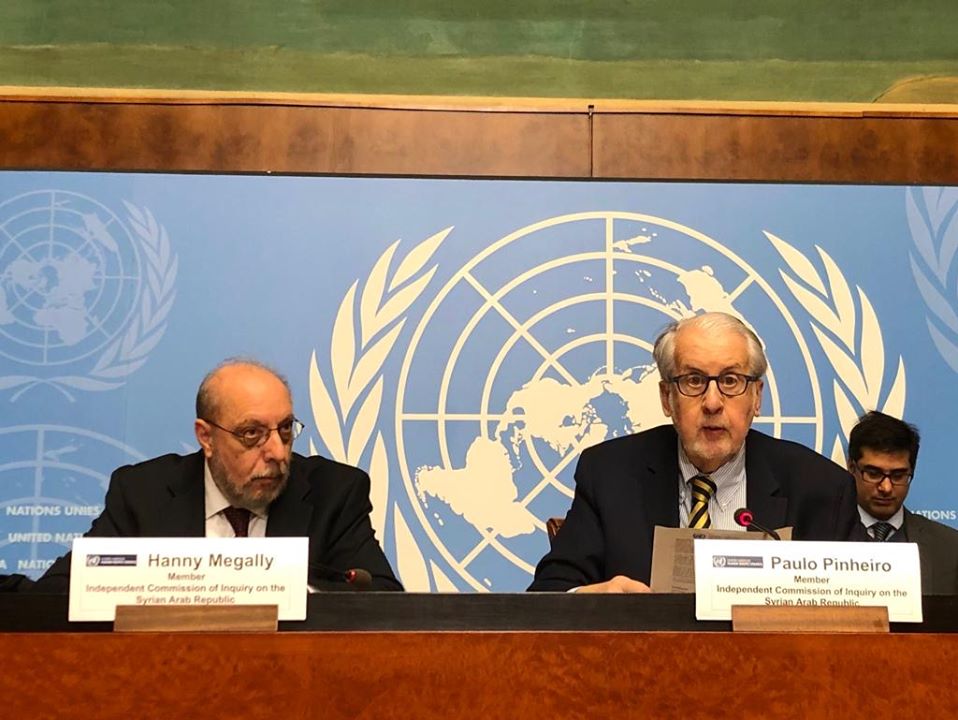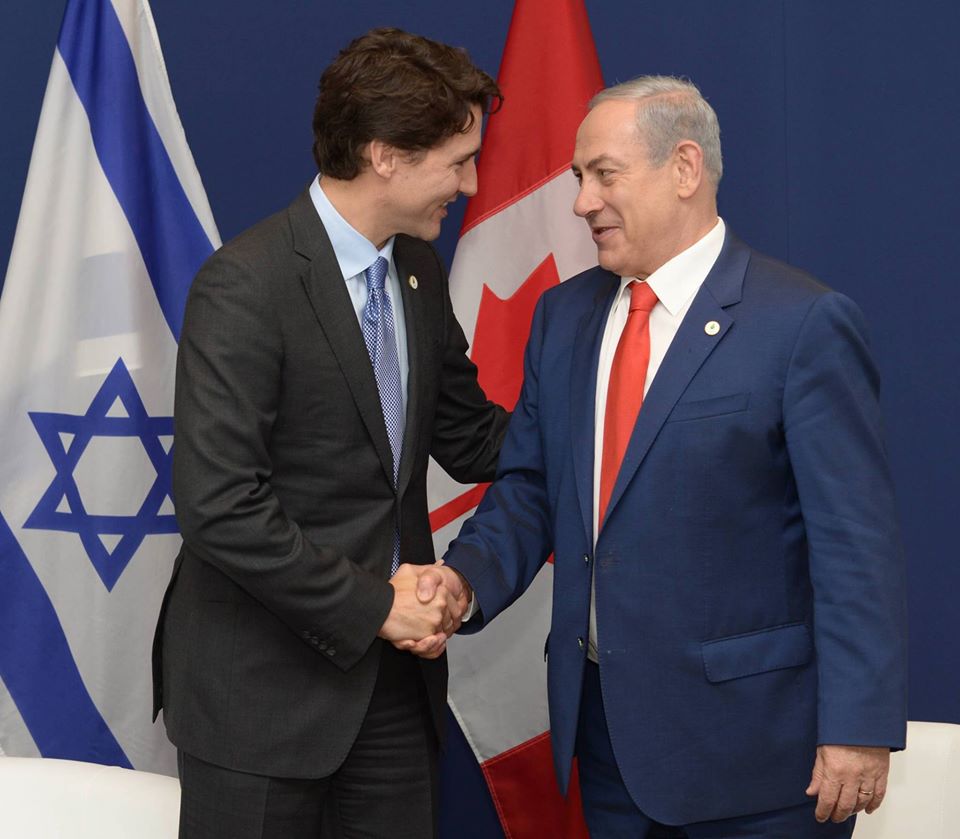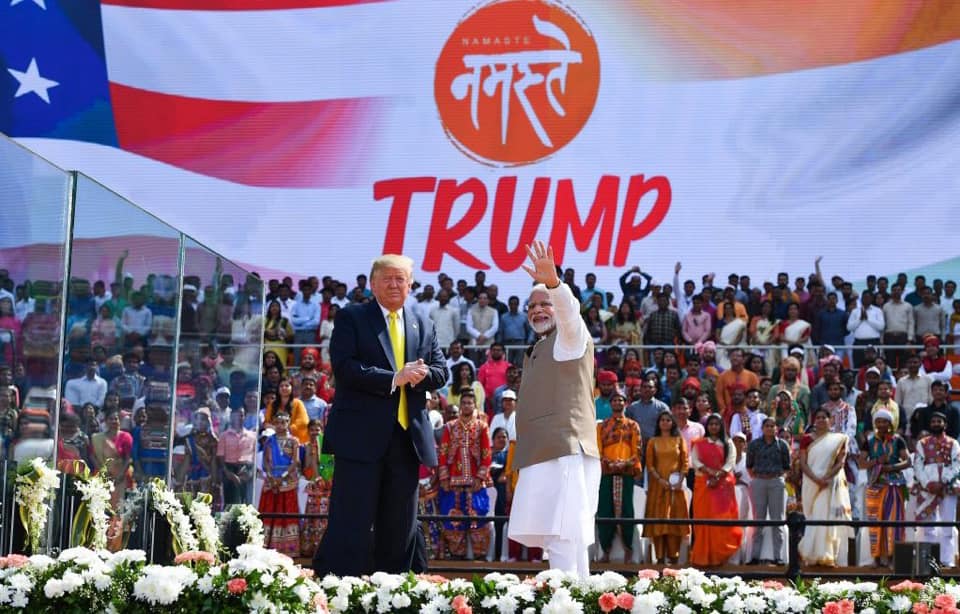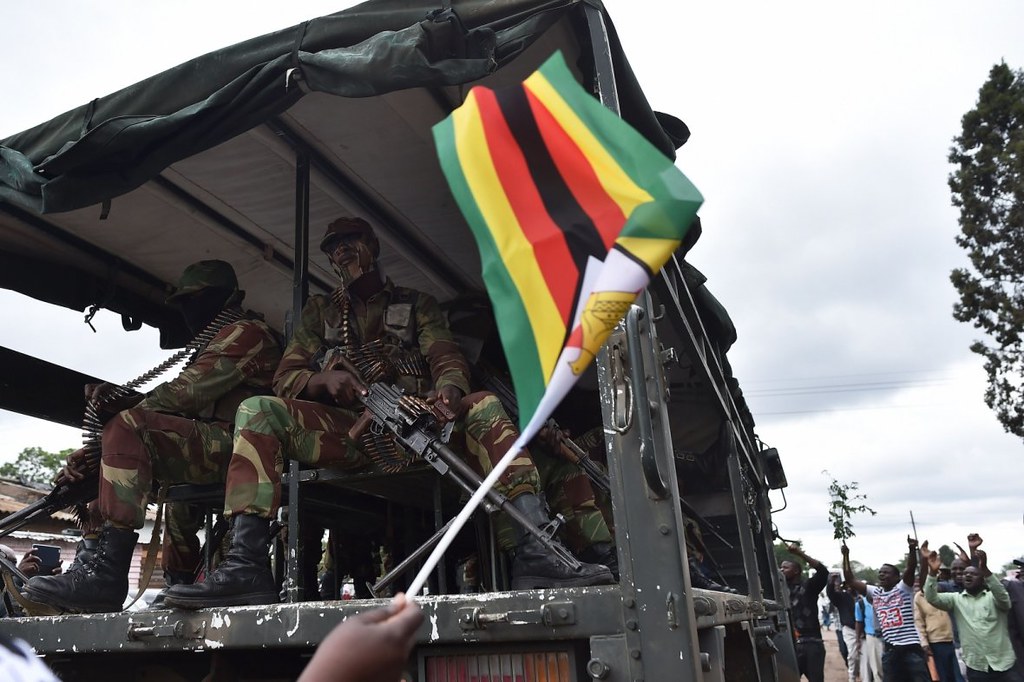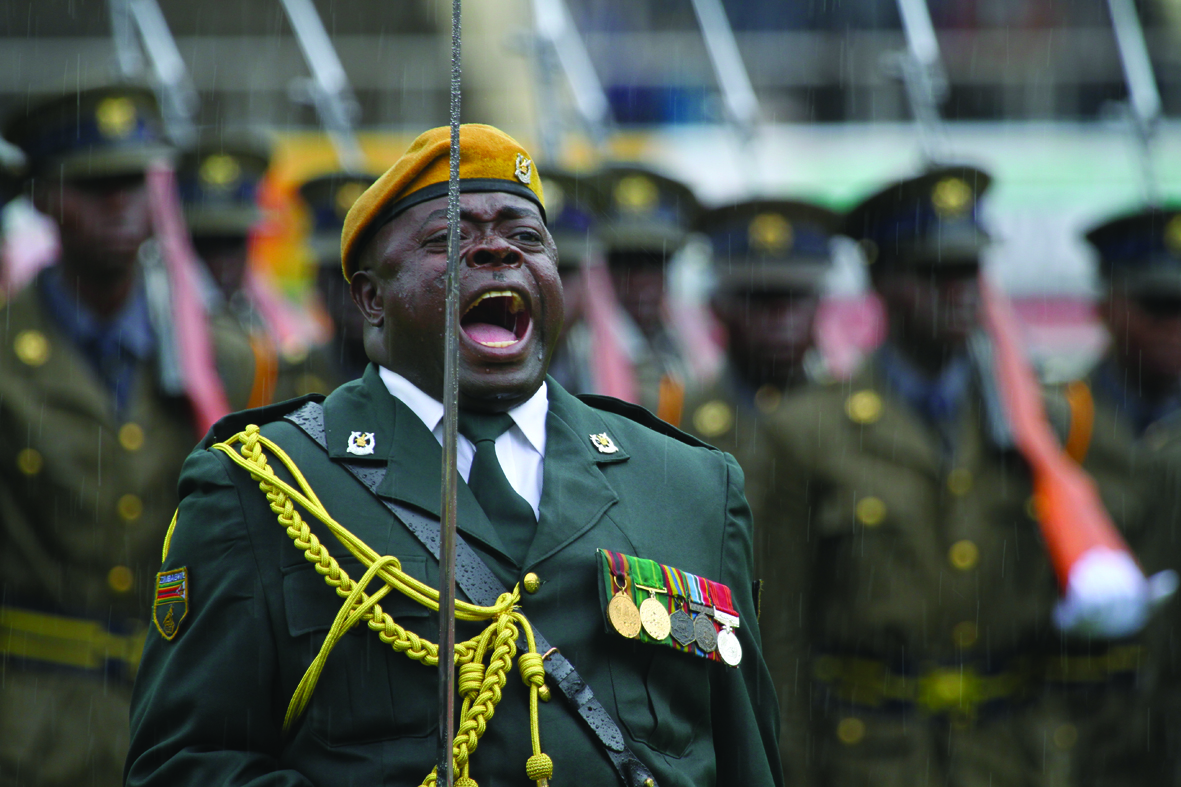Antonio Guterres, UN Secretary-General, raised a “call for action” to protect human rights, during the first meeting of the UN Human Rights council, which centred on 7 key points; sustainable development, crisis prevention; gender equality; civil participation; the rights of future generations; collective action; and human rights with respects to new technology
1. Sustainable Development
With respects to sustainable development, Guterres insisted on the need to make tangible benefits to people’s lives and called upon all nations to commit to the 17 UN Sustainable Development Goals which hopes to alleviate poverty, hunger, illness and more by 2030.
Whilst maintaining support for these development goals he stressed that one can not undermine the importance of civil and political rights. In his statement he maintains;
“It would be a mistake to diminish economic, social and cultural rights […] But it would be equally misguided to think that those rights are sufficient to answer people's yearning for freedom”.
2. Crisis Prevention
Guterres also remarked on the turbulent period in which lived which seemed prone to conflict, terrorist violence and disaster. These are times which test human rights however he insists they must not be abandoned.
Speaking on acts of counter-terrorism he maintains that it is imperative to not undermine human rights through counter-terrorism efforts. He states;
“Let me also underscore that even necessary efforts to combat terrorism must not compromise human rights. Otherwise, counter-terror actions will be counter-productive”.
He further maintains that it is not through abandoning these rights that we can safeguard ourselves from violence but rather “respect for human rights is an essential crisis prevention mechanism”.
He calls upon all nations to engage with the UN Security Council and other bodies to protect people and ensure accountability including through the “international criminal court” which he stated was a “instruments in the prevention of genocide”.
Guterres also rejected calls for state sovereignty over concerns for human rights by stating;
“Sovereignty remains a bedrock principle of international relations. But national sovereignty cannot be a pretext for violating human rights. We must overcome the false dichotomy between human rights and national sovereignty. Human rights and national sovereignty go hand in hand. The promotion of human rights strengthens States and societies, thereby reinforcing sovereignty”.
3. Gender Equality
Speaking on widespread gender discrimination, Guterres argued that for too long women had been “systematically silenced, marginalised and ignored”. He further said; “Human rights will never be realised without the human rights of women”.
He reaffirmed the UN committed to gender parity throughout the UN at all levels by 2028 as well as calling for the implementation of policies which end violence against women; protect reproductive rights; and affirm equal participation in all spheres of society.
4. Civil Participation
During his speech, he also warned of the increasing attacks on journalists and called on all nations to ensure the protection of freedom of expression, religion, participation, and the freedom of association.
He maintained the importance of journalism to protect human rights and accountability. Whilst he recognised the means by which technology has been able to empower civil society actors in their push for human rights he also warns that the same technology has empowered state actors to crackdown on dissidents and curtail freedoms.
He claimed that the UN will continue to provide further support for civil society actors who are on the front lines in the battle to protect human rights.
5. The Rights of Future Generations
Guterres here warned of the catastrophic effects of global warming which threatens small island developing nations and would harm future generations.
His call to action would further act on earlier intuitive and would help to empower young people in shaping their future.
6. Collective Action
Guterres stressed the importance of multilateralism and the need to support civil society institutions.
The UN would further issue new protocol guidance will be issued to all state leaders to better utilise the UN Human Rights Councils periodic reviews.
7. Human Rights and New Technology
The UN Secretary-General spoke on the issues of human rights within the digital landscape, specifically allowing for the propagation of harassment, hate and extremism as well as concerns over personal data security.
In his statement he issued a veiled illusion to China’s treatment of the Uyghurs stating;
“Advances such as facial recognition software, robotics, digital identification and biotechnology must not be used to undermine fundamental rights, widen inequalities or worsen existing discrimination”.
Responses
Whilst Guterres has been widely well-received, Kenneth Roth, executive director of Human Rights Watch, has responded positively to Guterres response but also called on him to directly name the abusers.
Roth stated;
“By providing a strong voice advocating for victims and condemning abusers, the Secretary-General can stand tall against governments committing serious rights violations – whether it’s the mass arbitrary detention of Uyghurs in China, atrocities committed against Myanmar’s Rohingyas, indiscriminate Russian-Syrian bombing of civilians in Idlib, or the forced separation of children from their parents at the U.S. border […] But this initiative will succeed only if the Secretary-General provides robust and regular public commentary, and does not shy away from naming abusers.”
Read the New York Times here.
